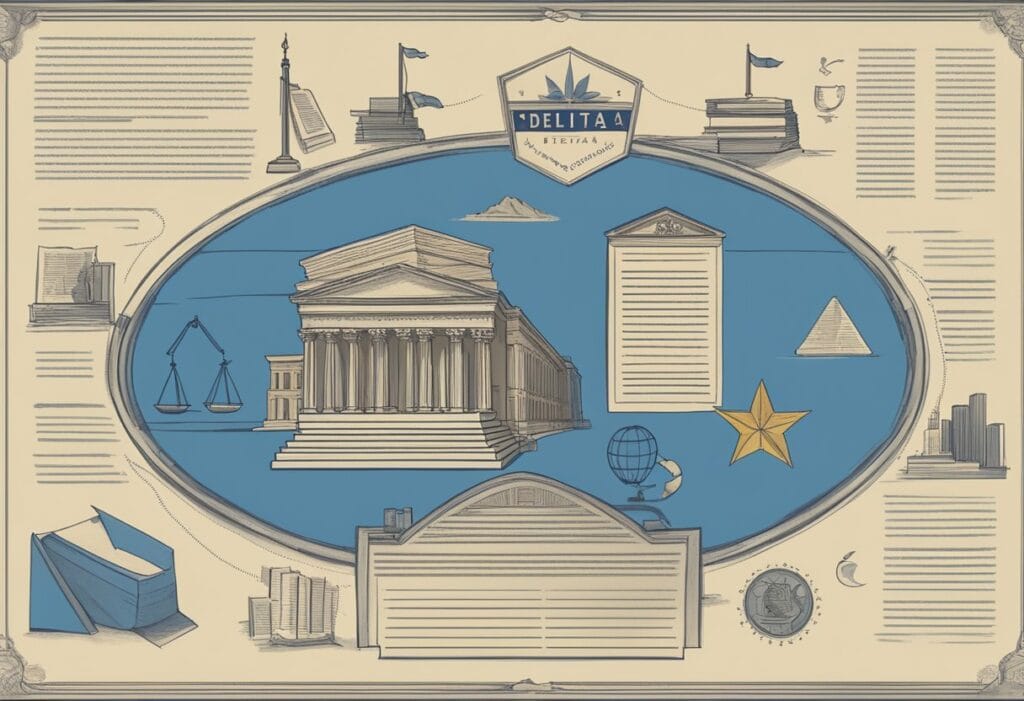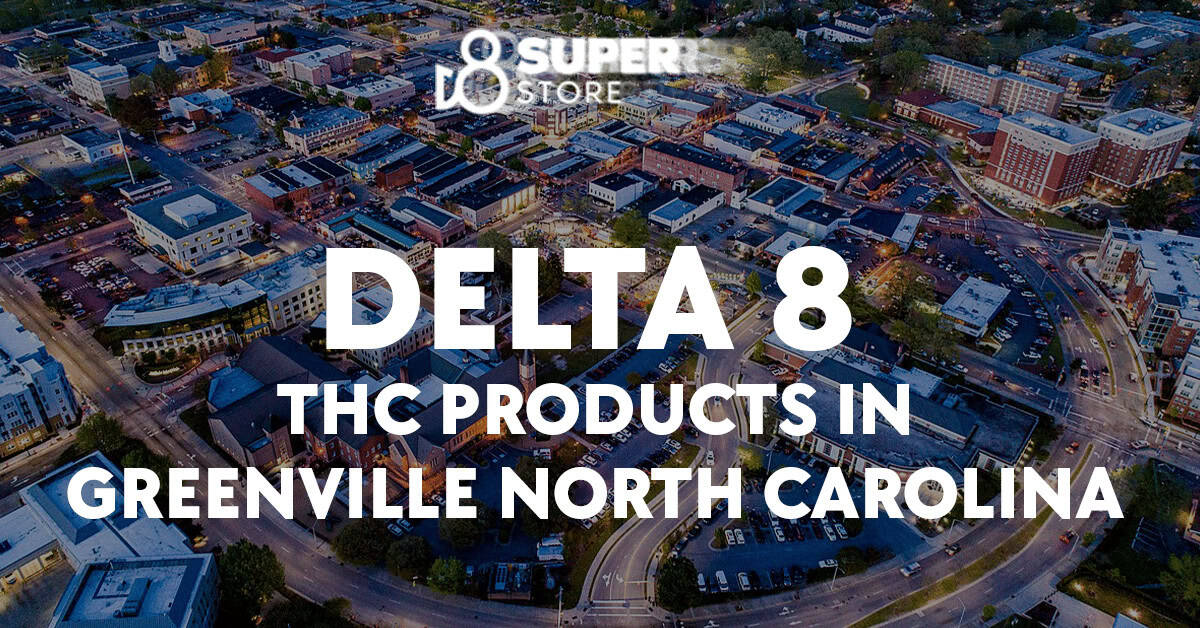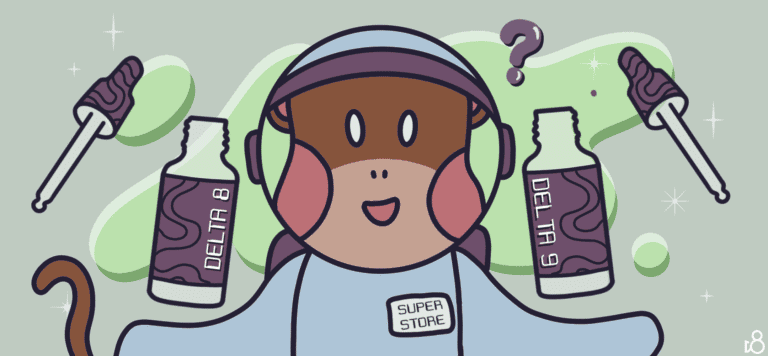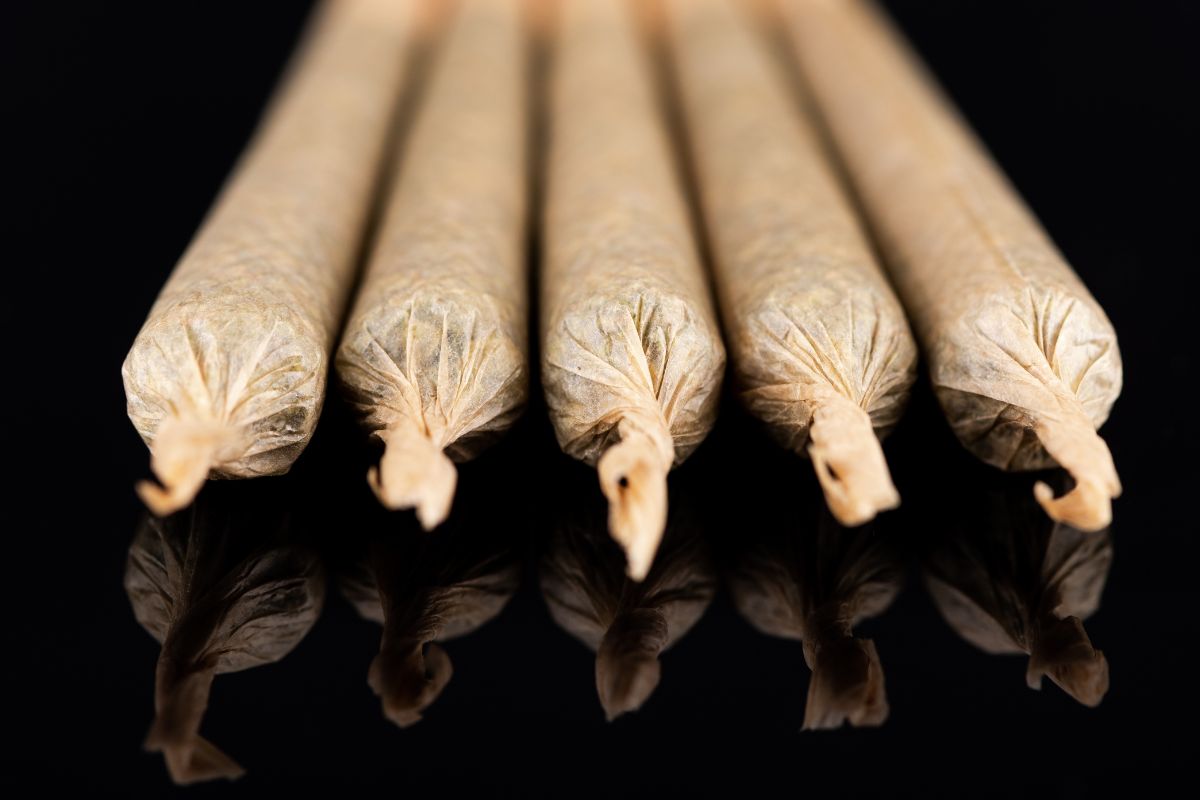Is Delta 8 Legal in Tennessee? Understanding State Laws and Regulations
Figuring out if Delta 8-THC is A-okay in the US feels like trying to solve a Rubik’s Cube, with each state tossing in its own set of twisty rules. In Tennessee, folks looking to buy or sell, along with lawyers, keep going round and round, trying to crack the code on whether having or selling Delta 8-THC passes muster. With marijuana laws flipping faster than pancakes, I get why it’s super important for both people and shop owners to know if Delta 8 is in the clear or out of bounds.
I’ve learned that Delta 8, a cannabinoid found in hemp, is chemically different from Delta 9-THC, the primary psychoactive component in marijuana. While the 2018 Farm Bill federally legalized hemp and its derivatives, some nuances in state laws can lead to variations in how these substances are regulated. Specifically in Tennessee, the laws around Delta 8 have spurred debate and prompted a need for clarification, with discussions centering on whether the compound falls under the same legal category as its Delta 9 counterpart.
My examination of recent legislative developments suggests that residents and potential consumers of Delta 8 in Tennessee should stay informed about the current legal framework and any future changes. Understanding the distinction between federal guidelines and state regulations is essential for compliance and the safe consumption of Delta 8 products.
Legality of Delta 8 in Tennessee
Assessing the legality of Delta 8 in Tennessee, it’s crucial to understand the nuances between state and federal law, the influence of the 2018 Farm Bill, and Tennessee’s own hemp regulation.
State Law vs. Federal Law
In Tennessee, state laws have not specifically outlawed Delta-8, allowing it to remain legal in Tennessee. This legal stance exists despite Delta-8 being a hemp-derived cannabinoid similar in chemical structure to Delta-9-THC, which is subject to stricter regulations. While Tennessee adheres to its own state law regarding hemp industry products, it must also consider the broader federal law to avoid conflicts, especially regarding substances that are psychoactive.
2018 Farm Bill Impact
The 2018 Farm Bill has had a significant impact on the hemp industry, effectively legalizing hemp and its derivatives on a federal level, provided they contain less than 0.3% Delta-9-THC. This legislation indirectly facilitated a loophole for Delta-8 since it is often sourced from legal hemp and if compliant with the THC percentage guideline, can be considered legal under the Farm Bill’s guidelines.
Tennessee Hemp Regulation
Under current regulations, Tennessee has a hemp program that aligns with federal guidelines, which contributed to the rise in popularity and legality of Delta-8. The state’s regulation does not impose a ban on Delta-8, provided that is hemp-derived and contains THC concentration within the legal limits set by the 2018 Farm Bill. For those seeking detailed insights into its legality, you can delve into understanding the state’s stance on Delta 8 laws in TN.
Within Tennessee, the approach to Delta-8 reflects a growing trend in various states to adopt federal hemp regulations in shaping their own cannabis laws. The legal environment may continue to evolve as further legislation and regulations develop around hemp-derived products within the industry.
Delta 8 THC Overview
Delta 8 THC has risen to prominence due to its unique place in the legal landscape and its differing effects from other cannabinoids found in the cannabis plant. In exploring Delta 8 THC, it’s crucial to understand its chemical structure, how it compares to other cannabinoids, and the effects it imparts on users.
Chemical Profile of Delta 8 THC
Delta-8 tetrahydrocannabinol, commonly referred to as Delta-8 THC, is a cannabinoid found in the hemp plant. Structurally, it is similar to Delta-9 THC, the main psychoactive compound in cannabis, but with a few key chemical differences. These distinctions in its chemical makeup are critical because they influence both the legal status and the effects of the compound.
Differences Between Delta-8, Delta-9, and CBD
Delta-8 is often compared to Delta-9 THC and CBD (cannabidiol), two well-known cannabinoids. Unlike CBD, both Delta-8 and Delta-9 are psychoactive, but Delta-8 is considered to be less potent in this respect. The legal status of these compounds can vary; Delta-8 THC occupies a more ambiguous space since it can be derived from legal hemp. There is a discussion about the Delta 8 vs Delta 9 vs Delta 10, which details the differences and similarities between these cannabinoids.
Psychoactive Effects and Safety
The psychoactive effects of Delta-8 THC are one of the main reasons for its popularity. Users describe it as less intense than Delta-9 THC, providing a milder, more clear-headed experience. This difference in potency can also play a role in the safety and tolerability for individuals who might be sensitive to the effects of cannabinoids. As with any tetrahydrocannabinol, it’s important for users to be aware of dosing and the context of use to ensure safety. There’s also a comparison regarding the effects of different strains on the psyche, particularly in the context of Delta 8 Sativa vs Indica, illustrating how Delta 8 THC can share effects with conventional cannabis products.
Regulatory Aspects of Delta 8

In Tennessee, the legal landscape for Delta 8 THC has unique features governed by state laws and regulations. Understanding these rules helps ensure compliance for businesses and consumers alike.
Licensing and Production Regulations
In Tennessee, the Tennessee Department of Agriculture oversees the licensing for hemp-derived products, including Delta 8. Producers must obtain the proper license to legally grow and process hemp. Under these regulations, the production of Delta 8 must comply with state guidelines, which are designed to ensure the safety and legality of the product.
Sale and Possession Rules
The sale of Delta 8 in Tennessee is permitted, but sellers must adhere to state laws, such as verifying that products contain no more than 0.3% Delta 9 THC on a dry weight basis. For consumers, possession of Delta 8 is legal, but it is essential to be aware of the amount and concentration to stay within legal limits. Additionally, knowing how long Delta 8 stays in your urine is important for consumers concerned about drug testing.
Testing and Labeling Requirements
Delta 8 products in Tennessee are subject to rigorous testing to ensure they meet quality and safety standards. Proper labeling is also mandated to inform consumers about the product’s contents and dosages. For example, it’s useful for users to refer to a Delta 8 dosage chart to determine the right amount for personal use. Products that fail to meet the Tennessee Department of Agriculture’s testing and labeling requirements are subject to penalties.
Delta 8 Availability and Market
Delta 8 THC’s legality and market dynamics in Tennessee are a reflection of its budding popularity and implications for the economy.
Retail and Online Sales
The retail landscape for Delta 8 THC in Tennessee encompasses a variety of hemp-derived products, including gummies and edibles. Consumers can purchase these items directly from physical storefronts in locations like Nashville or through online marketplaces that offer a wide array of products.
Consumer Demand and Popularity
Delta 8 THC has seen a meteoric rise in popularity in Tennessee. This demand is largely driven by its legal status and the increasing consumer interest in the unique properties that set it apart from Delta 9-THC, which is the more commonly known form of THC found in cannabis.
Taxation and Economic Impact
In terms of taxation, the sale of Delta 8 products is subject to sales tax, which adds to the government revenue. The economic impact is significant as sales of Delta 8 products are increasing, indicating a beneficial effect on Tennessee’s marketplace for both cannabis and hemp-derived products.
Legal Developments and Implications

The legal status of Delta 8 in Tennessee continues to evolve, reflecting the complexity of cannabis-related laws and the dynamic nature of their interpretation.
Recent Legislative Changes
In recent years, there has been significant attention on the legal status of Delta 8 THC in Tennessee. As someone tracking these developments, I observed when lawmakers proposed new legislation intended to clarify the legality of hemp-derived compounds. In response to ambiguities, the Tennessee General Assembly has scrutinized and debated various bills. Any changes in legislation could directly affect the availability and legality of Delta 8 products within the state.
Court Decisions and Precedents
The interpretation of existing laws plays a critical role. Judicial decisions in Tennessee have set precedents that contribute to the understanding of Delta 8’s legality. As someone heavily invested in these insights, I’ve noted that court rulings often hinge on interpretations of language used in state legislation. For example, if Delta 8 is deemed analogous to Delta 9 THC by judicial interpretation, it could potentially be subjected to similar legal restrictions.
Government Stance on Delta 8
The current government stance, reflecting the opinions of officials like Gov. Bill Lee and state senators such as Sen. Richard Briggs, tends to exhibit a cautious approach towards cannabis-related compounds. It is essential to track statements and position papers released by the government to gauge potential shifts in policy that might influence the legality of Delta 8 THC. The legality of Delta 8 in Tennessee is, thus, not just a matter of the letter of the law but also the prevailing governmental attitudes toward it.
Comparative Analysis with Other States
In examining the status of Delta 8 across the United States, it becomes clear that regulation varies widely and is in a constant state of evolution.
Delta 8 Status in Other Regions
While I note that Delta 8 THC is in a legal gray area in some states, others have clear-cut laws. Colorado, despite its liberal stance on cannabis, has specifically banned Delta 8 due to concerns over unregulated synthetically derived products. In contrast, New York allows the sale of Delta 8 under its hemp program, although the state’s regulations are complex and subject to change.
State-by-State Legal Variances
Diving into specific policies, Alaska and Arizona treat Delta 8 much like marijuana, rendering it illegal. Meanwhile, Arkansas, Delaware, Idaho, Iowa, Mississippi, and Montana have all straightforwardly prohibited it. In Rhode Island, the substance falls into a legal ambiguity, where the laws around hemp-derived products are evolving and might allow for certain forms of Delta 8.
Impact of Different State Laws
The legislation in states like Alabama demonstrates how Delta 8 can be accepted and regulated similarly to other hemp-derived products. Conversely, its status in states like Kansas highlights the complexities when states decide to regulate it differently than CBD and other hemp extracts. Such disparities echo the need for comprehensive legal frameworks to address and standardize the approach towards Delta 8 and similar compounds across the country.
Frequently Asked Questions
Exploring the complexities of cannabis legislation, this section addresses current queries surrounding the status of Delta 8 THC in Tennessee.
What is the current legal status of Delta 8 THC in Tennessee?
Delta 8 THC is presently legal in Tennessee, aligning with the federal definition outlined in the 2018 Farm Bill, which permits hemp-derived cannabinoids.
Can Delta 8 THC products be legally purchased in Tennessee?
Yes, I can confirm that Delta 8 THC products can be legally purchased in Tennessee from licensed vendors as long as they are derived from hemp and contain less than 0.3% Delta 9 THC.
Have there been any recent changes to the legality of Delta 9 THC in Tennessee?
As of my knowledge cutoff, there have been no significant legislative amendments altering the legal status of Delta 9 THC in Tennessee, which remains strictly regulated.
Are THC edibles permitted for sale in Tennessee as of 2023?
While Delta 8 THC edibles are permissible, THC edibles containing Delta 9 are not, due to their higher THC content and differing legal status.
Does Tennessee law differ between Delta 8 and Delta 10 regarding their legality?
Tennessee law does not make a significant distinction between Delta 8 and Delta 10; both substances are treated similarly under state law provided they are hemp-derived and comply with the federal THC limit.
How does Tennessee legislation address the use of Delta 11 substances?
In Tennessee, the focus of cannabis-related laws has primarily been on Delta 8 and Delta 9 THC. There has been minimal legislative discourse about Delta 11 substances, suggesting a lack of specific regulation for these compounds.







